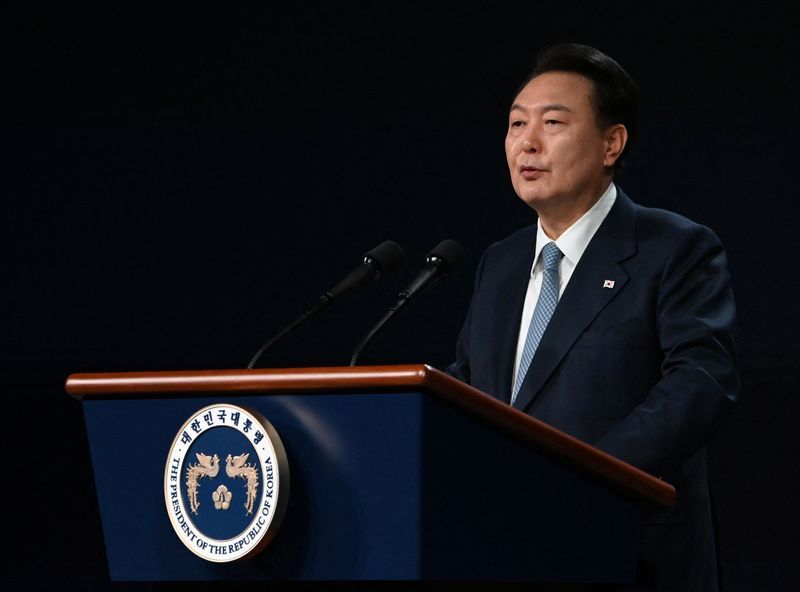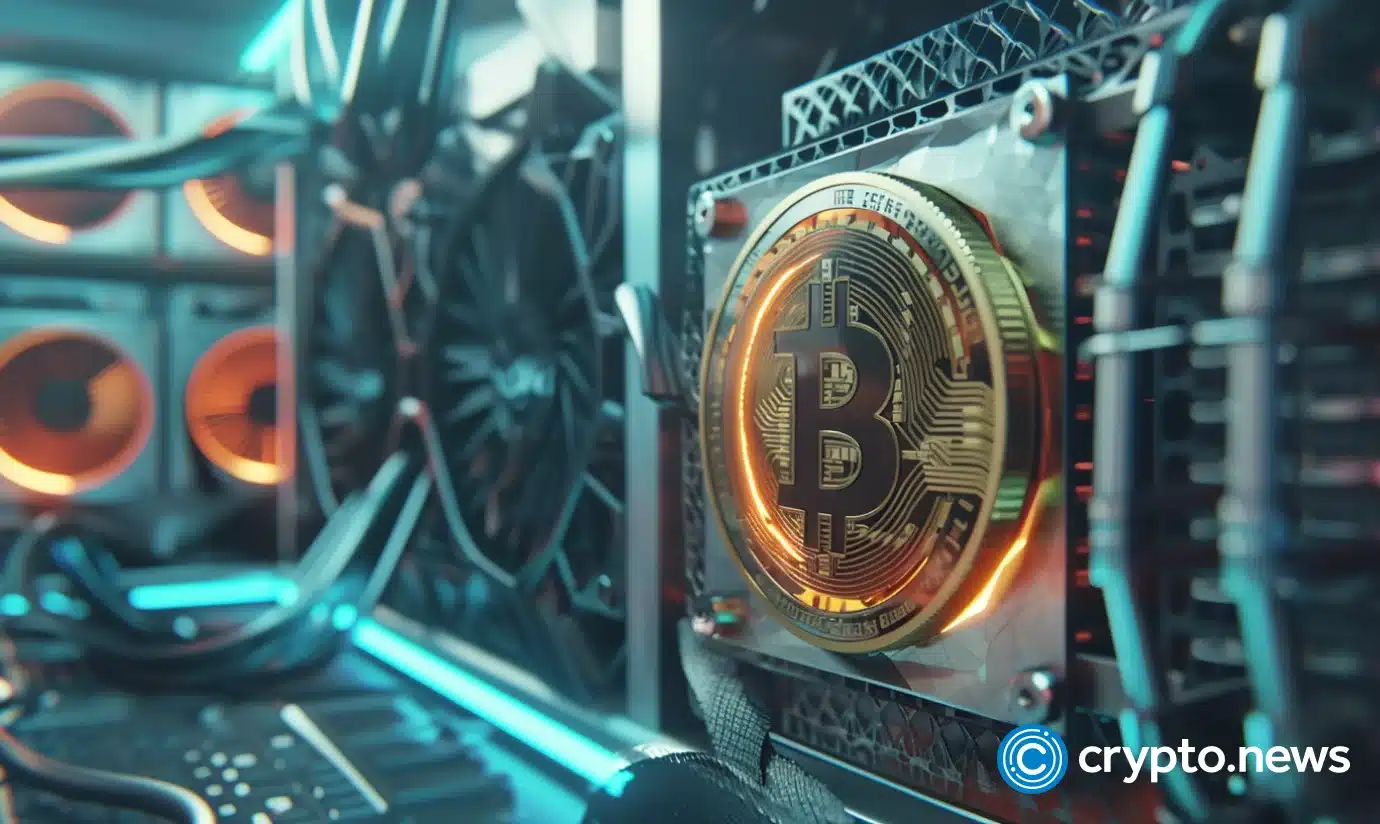In a significant address at the Summit for Democracy, South Korean President Yoon Suk-yeol issued a stark warning about the AI threat posed by artificial intelligence (AI) and digital technology to democratic systems worldwide. Highlighting the pervasive influence of fake news and disinformation, Yoon emphasized the imperative for international collaboration in leveraging technology to safeguard democratic principles.
The threat of AI to democracy
South Korean President Yoon Suk-yeol’s address at the Summit for Democracy underscored the critical challenges posed by artificial intelligence (AI) and digital technology to democratic governance worldwide. Yoon emphasized the need for concerted global efforts to address these threats and ensure that technology upholds democratic values.
President Yoon highlighted the detrimental impact of fake news and disinformation, fueled by AI and digital technology, on individual freedoms, human rights, and democratic systems. He stressed the urgency of sharing experiences and wisdom among nations to effectively counter these threats and harness technology for promoting democracy.
Yoon also addressed the issue of technological disparity among countries, identifying it as a significant impediment to economic prosperity and democratic progress. He called for collective action to bridge these gaps and ensure that advancements in technology contribute to the advancement of democratic norms and principles.
Harnessing technology for democratic values
The Summit for Democracy convened global leaders to deliberate on digital threats to democracy and explore ways to utilize technology in upholding democratic values. US Secretary of State Antony Blinken echoed Yoon’s concerns, emphasizing the importance of leveraging technology to support democratic norms amidst rising authoritarianism and repression.
Blinken highlighted the role of like-minded governments and their citizens in promoting free and fair elections, emphasizing the collective responsibility in safeguarding democracy. European Commission vice-president Vera Jourova also warned about the challenges posed by disinformation campaigns during election years, citing threats from actors like the Kremlin.
The conference’s discussions unfolded against the backdrop of geopolitical tensions, with North Korea’s missile launches and Russia’s controversial presidential election. Despite international criticism, Russian President Vladimir Putin defended the election’s legitimacy, emphasizing the democratic process while facing accusations of political repression.
Addressing the AI threat to democracy
As global leaders convene to address the challenges posed by AI and digital technology to democracy, the Summit for Democracy raises crucial questions about the future of governance in the digital age. How can nations effectively collaborate to mitigate the risks posed by technological advancements while ensuring the protection of democratic principles and human rights?
In navigating the complex landscape of digital threats, it becomes imperative for policymakers and technologists to devise innovative solutions that uphold democratic values in the face of evolving challenges. As the Summit for Democracy concludes, the imperative remains clear: harnessing the potential of technology while safeguarding the integrity of democratic processes is essential for shaping a more resilient and inclusive global governance framework.





